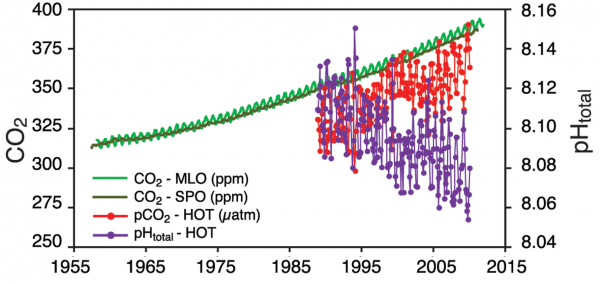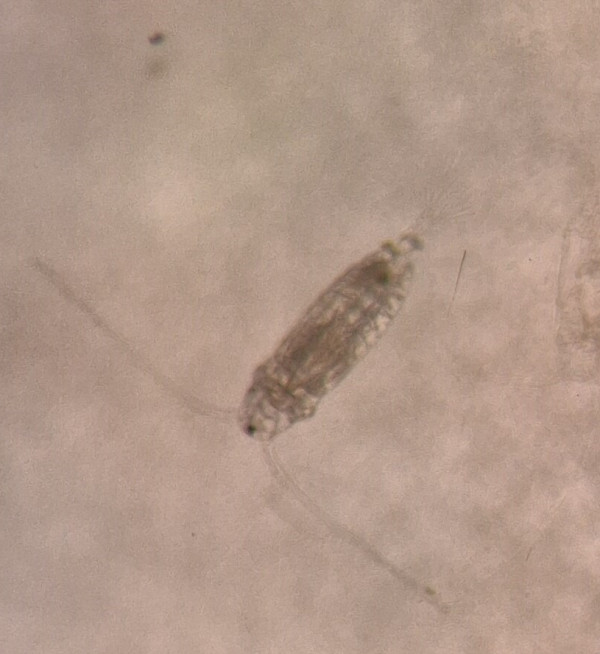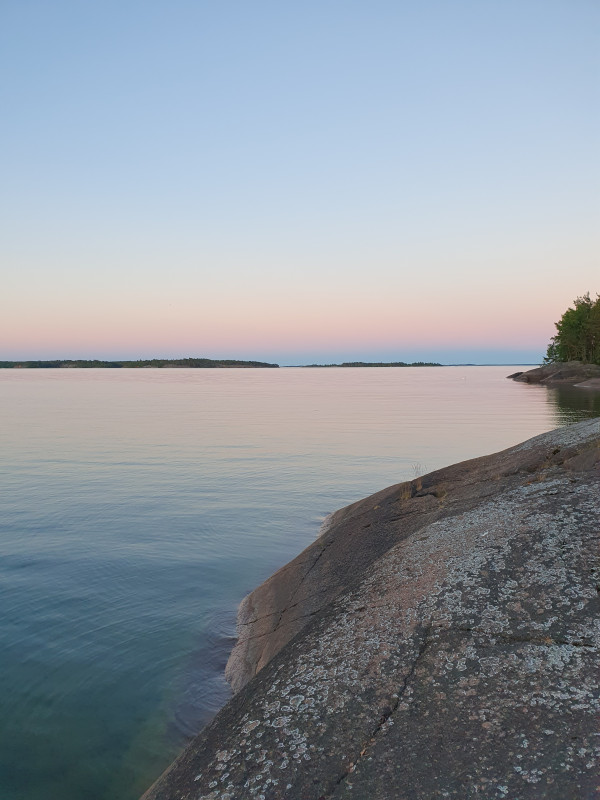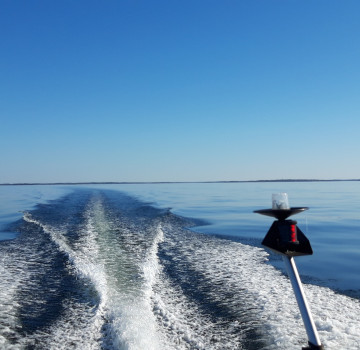Climate change affects the marine environment and biota
Climate change is driving both ocean warming and acidification, which are already impacting many parts of our seas. In addition, other human-induced challenges—such as eutrophication—are locally disturbing marine ecosystems, particularly in coastal areas and in the Baltic Sea. Changing environmental conditions directly force organisms to either adapt to new conditions or shift their inhabiting area, altering the species composition of certain areas. Moreover, warming combined with acidification is more stressful for marine life than either stressor alone. Environmental changes can also have indirect effects, for example through impacts on food quality and quantity. Rising temperatures are known to reduce the nutritional quality of food for marine grazers and herbivores, by altering fatty acid profiles and decreasing the amount of important omega-3 fatty acids.

Zooplankton a key player in the marine food web
Zooplanktons can be used as bioindicators of well-being of marine biota, because of they, particularly copepods, are key grazers in the ocean and play a foundational role in the marine food web. They form the critical link between primary producers and higher trophic levels such as fish, birds, and marine mammals. One reason to copepods important role is their efficient capacity to store lipids, especially polyunsaturated fatty acids (PUFAs), for example omega-3 fatty acids. Omega-3 fatty acids are essential for zooplankton growth, survival, and reproduction—and they also have a major impact on higher trophic levels, including many marine food sources that humans rely on.

ZETA–project
We need to increase our understanding of how present-day climate change affects marine biota. ZETA-project focuses coastline marines, which are essential habitats for ecologically and economically important species. We will study zooplankton in community, physiology and cellular level to show their responses to ocean warming and acidification. This knowledge will show current condition of zooplankton and gives sights about health of whole marine wood web. We also aim to provide data that can be applied to make predictions about how marine biota will response climate change in future. In our III study, Effects of ocean alkalinity enhancement to zooplankton, carbon dioxide removal method: ocean alkalinity enhancement (OAE) and its effects to plankton community are studied. OAE could be used to slow down climate change and locally improve water quality. We want to progress this study field to support our “home sea”, the Baltic Sea, and its marine biota, but also increase knowledge about OAE as a global topic.


